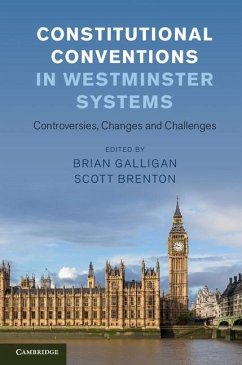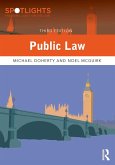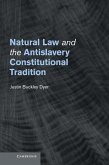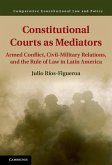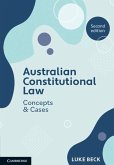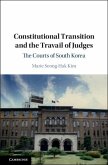Conventions are fundamental to the constitutional systems of parliamentary democracies. Unlike the United States which adopted a republican form of government, with a full separation of powers, codified constitutional structures and limitations for executive and legislative institutions and actors, Britain and subsequently Canada, Australia and New Zealand have relied on conventions to perform similar functions. The rise of new political actors has disrupted the stability of the two-party system, and in seeking power the new players are challenging existing practices. Conventions that govern constitutional arrangements in Britain and New Zealand, and the executive in Canada and Australia, are changing to accommodate these and other challenges of modern governance. In Westminster democracies, constitutional conventions provide the rules for forming government; they precede law and make law-making possible. This prior and more fundamental realm of government formation and law making is shaped and structured by conventions.
Dieser Download kann aus rechtlichen Gründen nur mit Rechnungsadresse in A, B, BG, CY, CZ, D, DK, EW, E, FIN, F, GR, HR, H, IRL, I, LT, L, LR, M, NL, PL, P, R, S, SLO, SK ausgeliefert werden.

